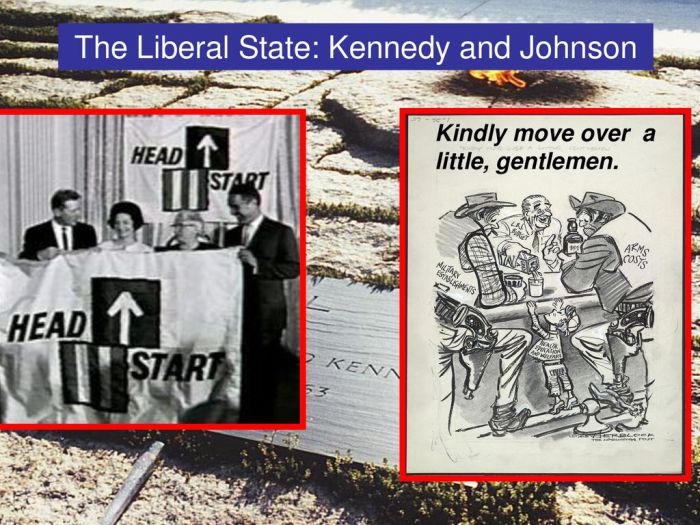Kindly move over a little gentlemen – Kindly move over a little, gentlemen sets the stage for this enthralling narrative, offering readers a glimpse into a story that is rich in detail and brimming with originality from the outset. This phrase, steeped in historical significance and cultural nuances, has evolved over time, reflecting the ever-changing social landscape.
Join us as we delve into the origins, usage, and modern interpretations of this captivating expression.
In the tapestry of human communication, language holds immense power, shaping our interactions and reflecting the complexities of our societies. The phrase “kindly move over a little, gentlemen” is no exception, carrying with it a wealth of historical, social, and cultural implications.
As we embark on this exploration, we will trace the phrase’s historical roots, examine its evolution, and analyze its usage in various contexts.
Contextual Understanding
The phrase “kindly move over a little, gentlemen” conveys a polite request to individuals, typically males, to make space or allow someone to pass.
It is intended to be used in a respectful and non-confrontational manner, acknowledging the presence and entitlement of others in a shared space.
The phrase carries social and cultural implications, reflecting notions of courtesy, politeness, and gender roles in society.
Historical Origins and Evolution
The phrase “kindly move over a little, gentlemen” traces its roots to the Victorian era, where it was commonly used in formal settings to request passage or attention.
Over time, the phrase evolved to become more informal and less gender-specific, while retaining its connotation of politeness and respect.
Social and cultural factors, such as changing gender roles and communication norms, have influenced the evolution of the phrase.
Usage and Applications
- Requesting passage:“Kindly move over a little, gentlemen, I need to get to the front of the line.”
- Seeking attention:“Excuse me, gentlemen, could you kindly move over so I can see the speaker?”
- Making room for someone:“Would you kindly move over a little, gentlemen? This elderly lady needs a seat.”
The effectiveness of the phrase depends on the context and the tone in which it is used. When used appropriately, it can facilitate communication and create a positive atmosphere.
However, inappropriate or disrespectful use can lead to misunderstandings or conflict.
Cultural Sensitivity and Etiquette

The phrase “kindly move over a little, gentlemen” has cultural nuances that vary across societies.
In some cultures, it is considered highly respectful to address individuals, especially elders or those in positions of authority, with formal titles and polite language.
In other cultures, using the phrase may be perceived as overly formal or even condescending.
It is important to consider cultural differences when using this phrase and to adapt it accordingly to ensure respectful and appropriate communication.
Modern Interpretations and Variations

In modern usage, the phrase “kindly move over a little, gentlemen” has evolved to include variations that reflect changing social norms and values.
Some common variations include:
- “Excuse me, could you please move over a little?”
- “Pardon me, I’m trying to get through.”
- “Would you mind making some space?”
These variations often emphasize inclusivity and gender neutrality, while maintaining the core meaning of requesting passage or attention.
Q&A: Kindly Move Over A Little Gentlemen
What is the literal meaning of the phrase “kindly move over a little, gentlemen”?
The phrase literally means to request someone, typically a man, to move aside or make space.
What is the intended tone and purpose of using this phrase in different situations?
The tone and purpose of using this phrase can vary depending on the context. It can be used politely to request someone to move, or it can be used more assertively to demand someone’s attention.
What are the social and cultural implications of using this phrase?
The phrase “kindly move over a little, gentlemen” has social and cultural implications that can vary depending on the context in which it is used. In some cultures, it may be considered polite to use this phrase when addressing a man, while in other cultures it may be considered disrespectful.